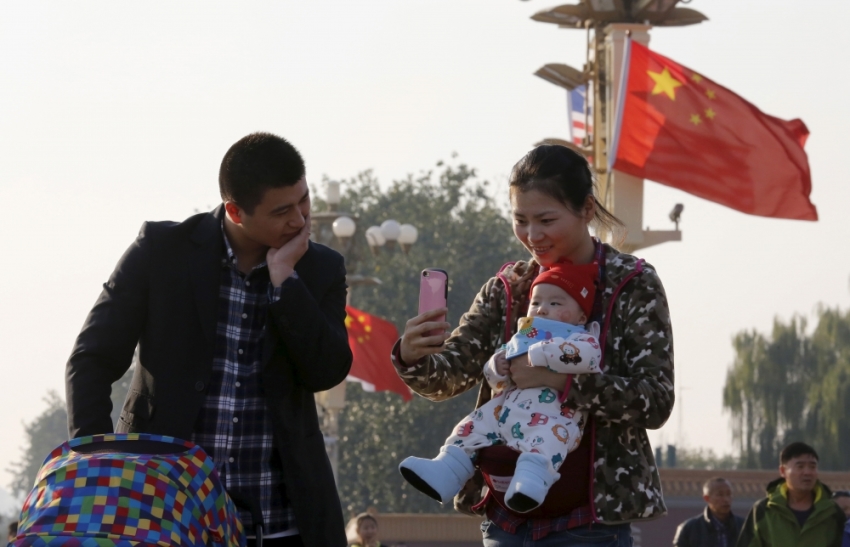China’s new restrictions on abortion are ‘anti-abortion,’ ‘not pro-life’: Al Mohler

Southern Baptist Theological Seminary President Albert Mohler Jr. said he believes China's recent efforts to restrict abortion for "non-medical reasons" shows that an entity “can be anti-abortion and yet not be pro-life.”
On an episode of Mohler’s podcast “The Briefing” posted online Monday, Mohler gave his opinion about the recent decision of China's communist regime to curb abortion access.
Mohler began by contrasting the totalitarian system of communist China with Western civilization, noting that with the latter, there is a “distinction between the public and the private” as well as “an acknowledgement of the right of private citizens to engage in what are called mediating institutions.”
“That is to say, such as churches, they're neither private in the sense of being individual nor public in the sense of being under the control of the government,” explained Mohler.
“But you're not going to find any of that in China, where the totalitarian nature of the government comes down to the meaning of the word totalitarian. The government claims total power over everything, everyone, everywhere, all the time.”
Mohler talked about the previous policy of China to restrict couples to having only one child per household and how this situation “led to forced abortions, forced sterilization, even infanticide,” and “a dire future if it does not have a higher birth rate.”
“The Chinese Communist Party wants more babies, it wants more control, it is going to exercise its totalitarian dominion as it claims, and it is going to crack down on abortion,” he continued.
“But you'll notice, it's not out of concern for the sanctity and dignity of human life. That's not a part of the Marxist communist worldview. It's simply because they want more children to be little soldiers and little industrial workers.”
Mohler concluded that “this is not rooted in an argument for the sanctity of human life. And that just shows you that you can be anti-abortion and yet not be pro-life.”
In 1979, Communist China adopted a “one-child policy” that resulted in millions of forced abortions, with the intention of countering overpopulation in the densely populated nation.
This fueled the practice of sex-selective abortion, in which a cultural preference for sons led parents to disproportionately abort female babies when being restricted to only having one child.
China announced in June that it would allow families to have up to three children instead of capping families at two kids as its population ages and birth rates continue to decline.
The decision to alter China's controversial birth policy came after a meeting with politburo, a top decision-making body of the Chinese Communist Party. The meeting was chaired by President Xi Jinping, according to state-sponsored media.
China ended its decadeslong one-child policy in 2015 by implementing a two-child policy, where women were forced to abort their children after they already had two kids.
Some authorities in China are offering financial incentives for couples who have more children, CNN reported.
“So far, their efforts have been met with a lukewarm response at best. Many women, who now enjoy greater educational and career opportunities than in the past, are reluctant to expand their families," it added.



























